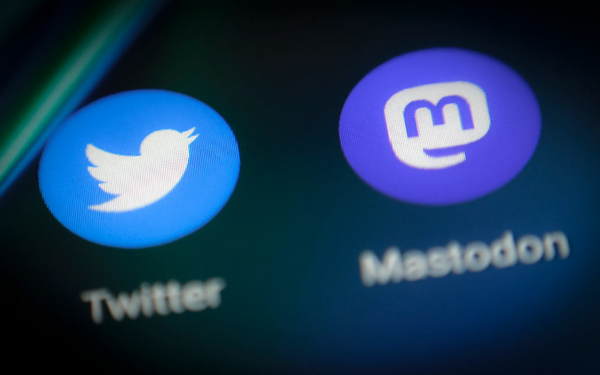The inventor of Twitter competitor Mastodon has vowed to keep the rapidly expanding social media network non-profit despite receiving more than five investment proposals from Silicon Valley venture capital companies in recent months.
After Elon Musk purchased Twitter for $44 billion in October, worries over the billionaire’s management of the social media network led to a rise in the popularity of Mastodon, an open-source microblogging service launched in 2016 by German software engineer Eugen Rochko.
According to the Financial Times, Rochko has received approaches from more than five US-based investors willing to put up “hundreds of thousands of dollars” to support the product’s rapid expansion.
However, he said that the platform’s non-profit status was “untouchable,” and he went on to say that one of Mastodon’s selling points was the freedom to select from a variety of moderating approaches on different servers.
Rochko assured users that their fears about Mastodon becoming “everything you detest about Twitter” were unfounded. There’s the possibility of it being sold to an unpopular billionaire, of its being shut down, of its going bankrupt, etc. It’s the different underlying assumptions [of the various systems].
Mastodon and a number of journalists had their Twitter accounts briefly disabled this month after posting material related to the route taken by Elon Musk’s private plane. Although Twitter first stated it would prohibit sharing connections to other social networks like Mastodon, it eventually changed course.
The number of Mastodon users who visit the site at least once a month jumped from 300,000 in October to 2.5 million in November, and Rochko wrote about it on his blog, calling it a “stark reminder that centralised platforms may impose arbitrary and unjust constraints on what you can and can’t say.”
Sensor Tower data shows that daily Mastodon downloads increased from a low of 6,000 on October 27, the day Musk purchased Twitter, to a high of 243,000 on November 18. Tumblr and other smaller competitors have also seen huge increases in traffic.
Mastodon is an alternative social networking platform with many of Twitter’s features, but with a distributed architecture and no central authority over its moderation. Users sign up for only one server, but they’ll be able to communicate with others in the “federated” system, regardless of where they happen to be physically located.
According to Mastodon’s 2021 annual report, Rochko, the company’s sole shareholder, earned himself €2,400 per month in 2020; he claims he has subsequently increased this amount by €500.
Mastodon will keep accepting donations as its main source of income. More than £25,000 a month is being contributed by more than 8,500 Patreon subscribers who support the site. When compared to the income earned between June 2021 and December 2021, this represents a decrease of little over €55,000.
Sensor Tower reports that after an early surge of new users on December 9, download rates decreased to 6,000 per day before increasing to 64,000 on December 18 when Musk disabled outbound links to other social media platforms from within Twitter.
Issues have arisen as a result of the influx of new users, with certain servers having trouble keeping up with the extra traffic and much confusion around the moderation practises of various servers.
As one Oxford Internet Institute researcher put it, “seeing more use during times when Twitter is down, as well as in response to subsequent Musk-related outrages,” Mastodon has the potential to become a “satellite” platform to Twitter.
According to Rochko, Mastodon’s ultimate goal is to displace commercial social networks like Twitter.
“It’s a long road ahead but at the same time, it’s bigger than it ever has been.”

Subtly charming pop culture geek. Amateur analyst. Freelance tv buff. Coffee lover
